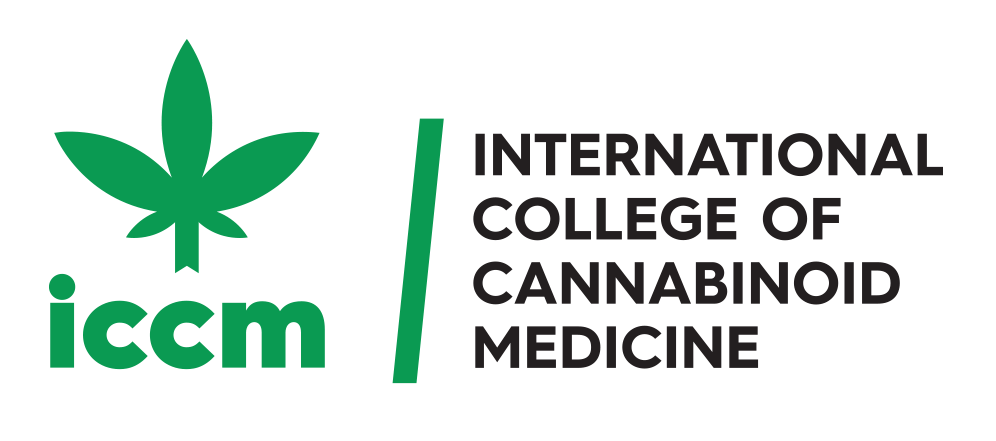Get started today
Case Study: Diabetes
Presented by Dr Philip Blair, MD
About this module:
Diabetes is an inflammatory condition and the pathophysiological pathways involved are complex. The endocannabinoid system is involved in diabetes pathogenesis and there is a growing evidence body that cannabidiol (CBD) may be able to address the underlying pathology as well as treat several of the complications of diabetes. This presentation explores the role of the endocannabinoid system in diabetes type 2 pathophysiology, and the mechanisms of action of CBD relevant to its treatment. It will conclude with dosing guidelines and a case study.
This presentation is pitched at healthcare practitioners and those with a background in biomedical sciences. It assumes a knowledge of the endocannabinoid system and medicinal cannabis pharmacodynamics.
This presentation is pitched at healthcare practitioners and those with a background in biomedical sciences. It assumes a knowledge of the endocannabinoid system and medicinal cannabis pharmacodynamics.
Learning Outcomes

